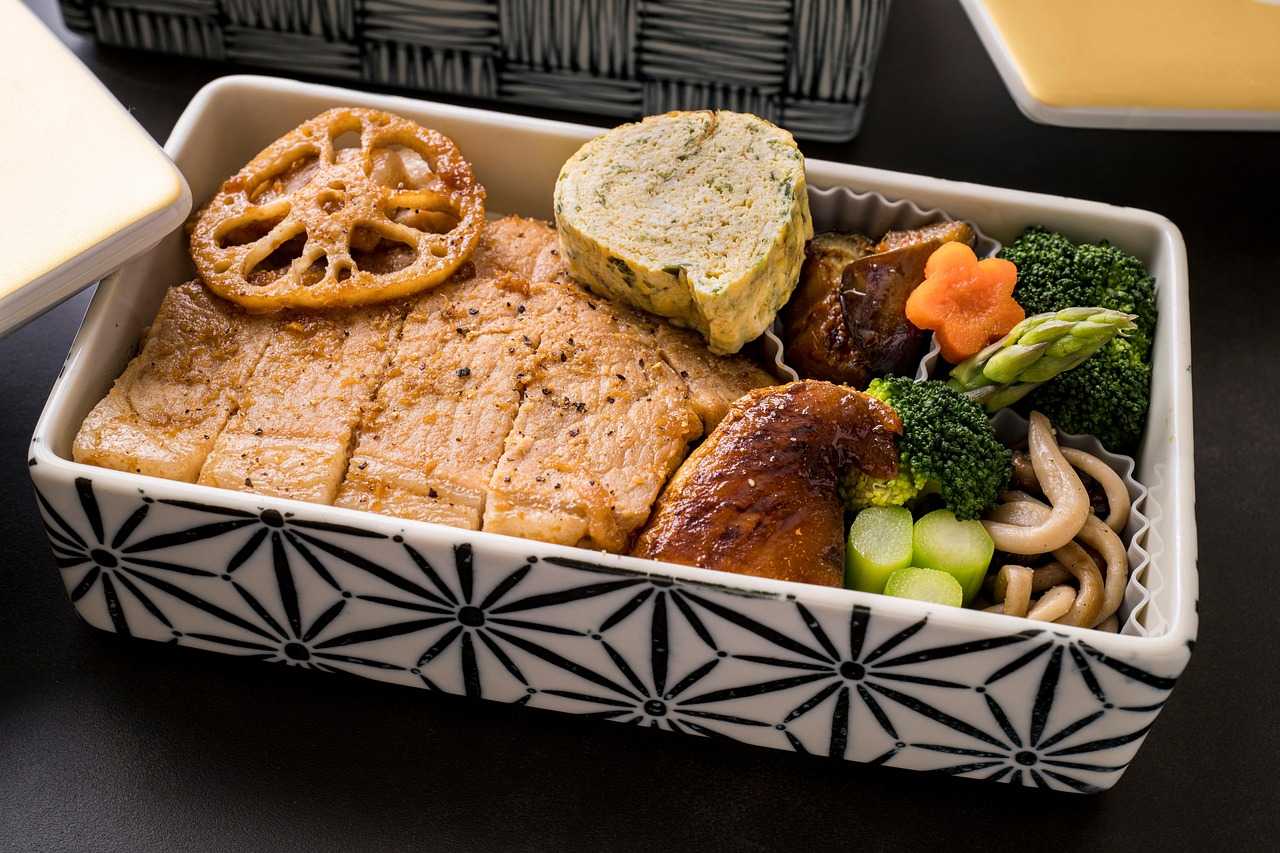Why Nutrition Isn’t Complicated (But Everyone Treats It Like It Is)
Let’s be clear: eating well doesn’t require an advanced degree in biochemistry. Most of the confusion around “healthy eating” comes from overcomplication—trendy diets, conflicting headlines, and unrealistic lifestyle regimes make nutrition look like a puzzle.
Strip it down, and the key ideas are simple: whole foods, balance, consistency. Real nutrition isn’t about eliminating entire food groups or measuring every bite. It’s about building meals around nutrientdense foods—think veggies, lean proteins, healthy fats, complex carbs—and tuning in to how that food makes you feel long after it leaves your plate.
The Core: What Smart Nutrition Looks Like
If you want real results—better mood, stronger performance, improved focus—your best bet is starting with the fundamentals.
Protein: Essential for muscle repair, immunity, hormones. Lean meats, legumes, eggs, and dairy are your goto. Healthy fats: They don’t slow you down—they regulate hormones and support brain function. Avocados, nuts, olive oil. Complex carbs: These give sustained energy. Whole grains, oats, quinoa, and root veggies are toptier. Fiber & hydration: Not glamorous, but crucial for digestive health and sustained energy throughout the day.
You don’t need more than this. Build around these staples and your body knows what to do.
nutrition fhthgoodfood: What It Means On Your Plate
So, how does nutrition fhthgoodfood translate to real meals? It means thinking less about “good” vs. “bad” and more about balance and intention. It’s what you eat consistently that counts—not the occasional splurge.
Start with breakfast: scrambled eggs with spinach and avocado on wholegrain toast. Midday? Grilled chicken, sweet potato, side of roasted veggies. Snacks? Greek yogurt with berries and a sprinkle of almonds.
These aren’t “diet” meals—they’re regular meals made from nutrientrich ingredients. And they deliver. You’ll feel more awake, concentrate better, and recover faster after workouts.
Meal Planning Without the BS
Here’s how high performers organize their meals—they don’t leave it to impulse decisions. Feel free to skip the elaborate Pinterest recipes. The goal is structure:
- Choose your proteins for the week.
- Stock up on veggies you’ll actually eat.
- Prep basics in bulk (grains, roasted veggies, proteins).
- Make snacks predictable and repeatable.
Keep it boring if you need to. Boring gets results. When in doubt, add greens and a good protein to your plate and move on.
Avoiding the Nutritional Traps
Not all calories are created equal. You could hit “your numbers” eating processed garbage and still feel wrecked. Know the usual suspects:
Sugary “health” snacks Seed oilheavy fast food “Lowfat” options loaded with chemicals or sugar Overhyped supplements or detox teas
If something has more than five ingredients you don’t recognize, skip it. Recovery, energy, and mood begin with food quality.
Performance Nutrition vs. Weight Loss Culture
There’s a huge difference between eating to fuel performance and eating to shrink your waistline. The latter beats you down with guilt, starvation, and shortcuts. The former builds you up with purpose—especially with quality proteins, antiinflammatory foods, and enough fuel to perform hard and recover fully.
Women especially get shortchanged on this. Undereating, fearing carbs, or obsessing over weight stalls progress faster than it helps. Feed your body like you want it to thrive, not shrink.
Reading Labels Like a Pro
Quick tip: don’t get fooled by frontofpackage claims. “Whole grain,” “high in protein,” “ketofriendly” mean nothing until you flip the box over.
Scan the ingredient list. Short, readable, minimal = good. Watch for added sugars, hydrogenated oils, and mystery additives. It takes 15 seconds to read a label. That 15 seconds might save you weeks of feeling sluggish or stalled.
Beating Cravings Without Losing Your Mind
Most cravings are either habitual or emotional. Rarely are they about real hunger. So combat them with structure and honesty:
Don’t skip meals: Skipping breakfast sets you up for lateday overeating. Get enough protein: Keeps blood sugar stable. Hydrate: Dehydration’s sneaky; drink water before blaming hunger. Track: Sometimes just writing down what you eat helps crush those irrational urges.
And hey, if you want the cookie, eat the cookie. One snack won’t wreck your week, but three days of spiraling because of guilt will.
Supplements: The Smart Ones vs. The Noise
No supplement fixes a bad diet. That said, there are a few genuinely useful ones:
Protein powder: Helps meet intake goals when real food’s not available. Creatine: Wellresearched, improves strength and cognitive function. Omega3s/fish oil: Supports brain and joint health. Magnesium: Helps with sleep, recovery, mood.
Skip the fat burners and metabolism boosters—they don’t work, and they usually mess with your system.
Final Thought: Your Body Knows If You’re Eating Like You Respect It
Forget perfection. Instead, focus on consistency, and fuel like you mean it. With nutrition fhthgoodfood as your north star, you’re less likely to fall for trends or fake fixes.
Build your meals from real ingredients. Listen to how your body responds. Stick to choices that give you lasting energy—not just fleeting satisfaction.
That’s not just eating well. That’s fueling for life.


 Carol Manginorez is a passionate home cook and food storyteller at FHTH Good Food, where she shares simple, wholesome recipes inspired by everyday life. She believes great food brings people together and loves helping readers make delicious meals with ease.
Carol Manginorez is a passionate home cook and food storyteller at FHTH Good Food, where she shares simple, wholesome recipes inspired by everyday life. She believes great food brings people together and loves helping readers make delicious meals with ease. 

